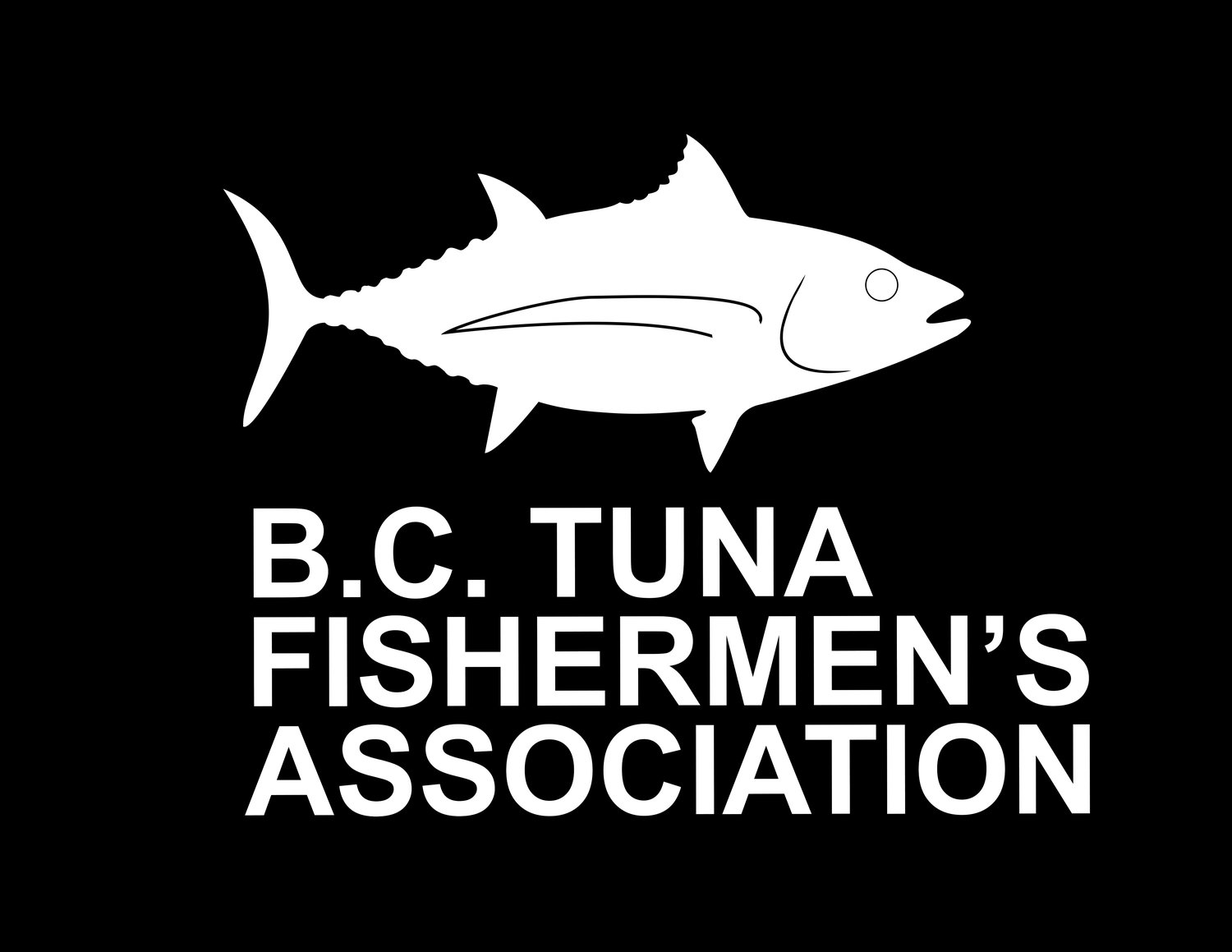DFO COVID-19 Webpage : Information for industry and partners
This website provides information on, compensation and income support programs, continuity of fisheries management, continuity of departmental functions and other matters
https://www.dfo-mpo.gc.ca/covid19/industry-industrie/index-eng.html
Fish Safe COVID-19 Webpages:
Fish Safe has put together a number of useful webpages on COVID-19:
Message to Fishermen: https://www.fishsafebc.com/message-to-fishermen
Resources and signage: https://www.fishsafebc.com/resources-and-signage. These COVID-19 specific materials can make the job of educating your crew simpler and more effective.
Info and useful links: https://www.fishsafebc.com/info-and-useful-links
Mental health resources: https://www.fishsafebc.com/mental-health-resources
Further Resources and updates
1) Personal Protective Equipment (PPE)
Due to potential critical shortages of PPE during the COVID-19 response, we would like to share with you information that you may find of interest.
Guidance on re-using N95 masks: On April 8, 2020, Health Canada released a Notice on important regulatory considerations for the reprocessing of single use N95 respirators during the COVID-19 response. Health Canada is currently monitoring and assessing the acceptability of various decontamination and sterilization methods/strategies for the reprocessing of single use N95 respirators in the context of the COVID-19 outbreak.
Guidance on using N95 beyond their shelf-life: While most masks have a limited shelf life, in times of increased demand and decreased supply, consideration can be made to use these expired N95 respirators. Please consult Health Canada’s website to read this guidance.
Considerations on the use of homemade masks: Health Canada provides considerations in the use of homemade masks to protect against COVID-19. Wearing a facial covering/non-medical mask in the community has not been proven to protect the person wearing it and is not a substitute for physical distancing and hand washing. However, it can be an additional measure you can take to protect others around you, even if you have no symptoms. It can be useful for short periods of time, when physical distancing is not possible in public settings such as when grocery shopping or using public transit.
2) Canadian Food Inspection Agency (CFIA) – Notice to industry
The CFIA will be posting a notice to industry on its website today to advise that the Agency and the USDA have agreed to a six-month extension for approved facilities to continue to export certain animal products, by-products and pet foods. This will be effective immediately and will run until September 30, 2020.
This will ensure the CFIA can continue to provide critical inspections and help maintain bilateral trade flows of animal products between Canada and the U.S. during the COVID-19 pandemic situation.
3) Modifications to Canada’s Emergency Business Account (CEBA)
On April 16, 2020, Prime Minister Justin Trudeau announced that the eligibility criteria for the CEBA will be expanded to businesses that paid between $20,000 and $1.5 million in total payroll in 2019. This new range will replace the previous one of between $50,000 and $1 million, and will help address the challenges faced by smaller businesses to cover non-deferrable operating costs.
4) Canada Emergency Commercial Rent Assistance (CECRA)
On April 16, 2020, Prime Minister Justin Trudeau announced its intent to introduce the CECRA for small businesses. This new program will seek to provide loans, including forgivable loans, to commercial property owners who in turn will lower or forgo the rent of small businesses for the months of April (retroactive), May, and June. Implementation of the program will require a partnership between the federal government and provincial and territorial governments, which are responsible for property owner-tenant relationships. More details will be shared soon.
5) Modifications to Canada Emergency Response Benefit (CERB)
On April 15, 2020, Prime Minister Justin Trudeau announced modifications to the CERB’s eligibility rules to:
· Allow people to earn up to $1,000 per month while collecting the CERB.
· Extend the CERB to seasonal workers who have exhausted their Employment Insurance (EI) regular benefits and are unable to undertake their usual seasonal work as a result of the COVID-19 outbreak.
· Extend the CERB to workers who recently exhausted their EI regular benefits and are unable to find a job or return to work because of COVID-19.
6) Temporary top-up to salaries of workers deemed essential
In recognition that essential workers’ salaries are often less or similar than what they would receive from the CERB, the government will also work with provinces and territories through a new transfer to cost-share a temporary top-up to the salaries of workers deemed essential in the fight against COVID-19, who make less than $2,500 a month. Details as to the application and delivery of this measure will be released shortly following further work with provinces and territories.
7) Keeping Canadians and workers in the food supply chain safe
On April 13, 2020, the Minister of Agriculture and Agri-Food Canada, the Honourable Marie-Claude Bibeau, announced $50 million to help farmers, fish harvesters, and all food production and processing employers, put in place the measures necessary to follow the mandatory 14-day isolation period required of all workers arriving from abroad.
8) Additional Funding for the Canadian Food Inspection Agency (CFIA)
On April 14, 2020, the Honourable Patty Hajdu, Minister of Health, and the Honourable Marie-Claude Bibeau, Minister of Agriculture and Agri-Food, have announced $20 million in funding for the CFIA to support critical food inspection services.
9) CFIA expectations on the prevention of and response to suspected and confirmed cases of COVID-19 by operators
New expectations for operators have been posted on the CFIA website about preventing and responding to COVID-19 in establishments regulated by CFIA. This document is not intended for meat slaughter and processing establishments. Separate CFIA guidance about preventing and responding to COVID-19 in meat slaughter and processing establishments exists.
